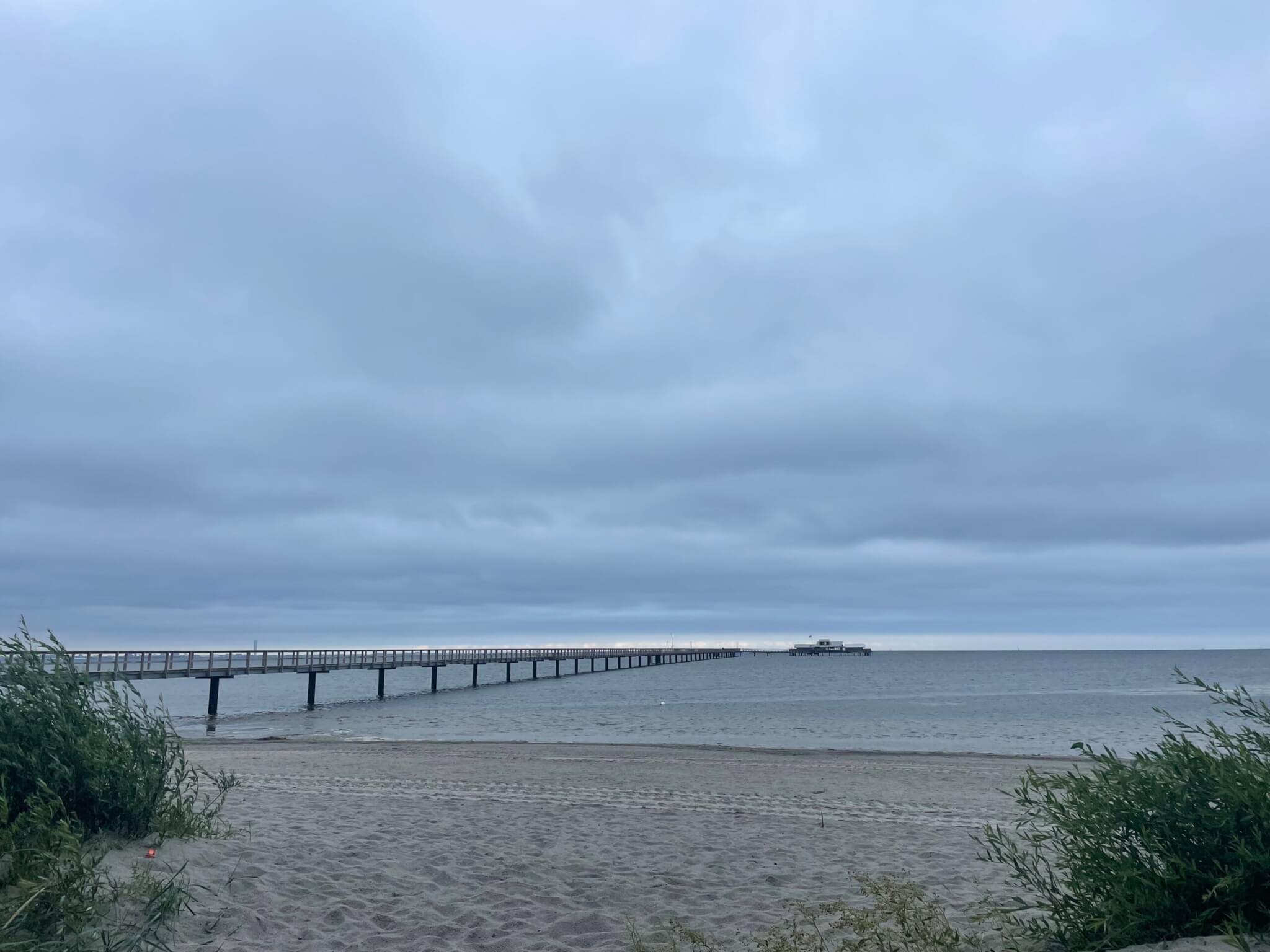
Currently reading Stirling (2019) on “Engineering and Sustainability: Control and Care in Unfoldings of Modernity”
I have been reading a lot about care in teaching as the focus moved away from control and past belonging and mattering, so it was quite interesting to read a very similar discussion on engineering and sustainability!
Stirling (2019) argues that engineers are generally under the impression that they can and should control everything. And in a car, we mostly can: we can control wind shield wiper movement without that affecting the speed of the car, and vice versa. But we also cannot control what trees fall on the car, and in complex systems, it is a very dangerous assumption that functions can be isolated from each other, and be controlled, either in isolation or even in combination. In addition to the climate system not being controllable, also attempts at influencing are a lot more complex than is often assumed. For example, SDGs are set up in a way that implies that all actors (governments etc) are motivated by what is best for the environment, society, and the economy, but completely ignore other, potentially competing, motivations and actors, like individual career progress or financial interest, military interests, and many more. Generally, engineering approaches the world with what Stirling (2019) calls “solutionism”, with the assumption that there is a) a problem that b) engineering can fix.
But it is not just engineering: The world we live in these days, “modernity”, is built around the impulse to control, and the romantisation of the idea of control in many ways: through industrialisation (controlling productivity), rationalisation (controlling ways of knowing), individualisation (controlling own life), bureaucratisation (controlling organisational processes), and many more. The globalised world is shaped by colonialism — in production, trade, mobility, knowledge accreditation. Stirling (2019) writes that “it is arguably the under-acknowledged relations and processes of coloniality that most drive cumulative challenges of social inequality and environmental degradation at the heart of relations between engineering and Sustainability“. And as hinted towards above, attempts like UN development frameworks have the same controlling orientation, trying to reduce complexities, standardise, … in an attempt to discipline diversity and change. And even well-meaning attempts to describe challenges through, for example, planetary boundaries, are limiting the discourse.
Sterling (2019) suggests an alternative, though: Shifting from idealising control to empowerment through care “for the neglected unintended consequences of just this kind of control for: people, societies, ecologies and the future of the world“. This very importantly includes “caring for the enabling of critique“. And it has consequences for how we approach sustainability questions: “A caring approach to the Earth’s climate […] might be about more politically curbing ‘climate disruption’, than technically controlling ‘climate change’”, for example through planetary management or geo-engineering. “And a caring approach would recognise that the problem is caused not indiscriminately ‘anthropogenically’ by humanity per se, but by particular modernistic kinds of society. Indeed, it is this very possibility of political alternatives in ways of being human, that makes any struggle worth pursuing at all.” (my emphasis)
But so what to do? Sterling (2019) suggests that “ambitious social transformations are arguably only truly achieved through horizontal relations of care, rather than the vertical structures of control“.
Caring efforts need to make sure that all voices can speak for themselves and be heard, so therefore it is important to distinguish between (controlling management of) transition and (caring) transformation. Traditionally, caring politics of transformation have been more successful for emancipatory movements, and the process is the point: “Just as means are not entirely divorced from ends, so the contrasting attributes of each kind of process may be expected to leave sticky imprints on the consequences towards which they lead“.
And it matters which choices individuals make. This can be about “prospective engineers ‘voting with their feet’ – or more accurately, their career choices“, which is happening anyway, albeit not always in the right direction, for example with women choosing not to study engineering because they prefer disciplines that appear to be “more social”. But also people specialising in caring approaches to engineering can matter. Small, individual choices accumulate and, over time, change perception of engineering as well as the foci of engineering as a whole.
Stirling, A. (2019). Engineering and Sustainability: Control and Care in Unfoldings of Modernity. SPRU Working Paper Series (SWPS), 2019-06: 1-47. ISSN 2057-6668. Available at: www.sussex.ac.uk/spru/swps2019-06
…And some pictures from one of the last dips before I got sick a month ago, which I am still recovering from. Looks cold and windy, but I promise that wasn’t what made me sick!
But waves as awesome as always!
Interesting to see Langmuir stripes and the dampened waves in the lee of those algae patches!
And my favourite photo spot…
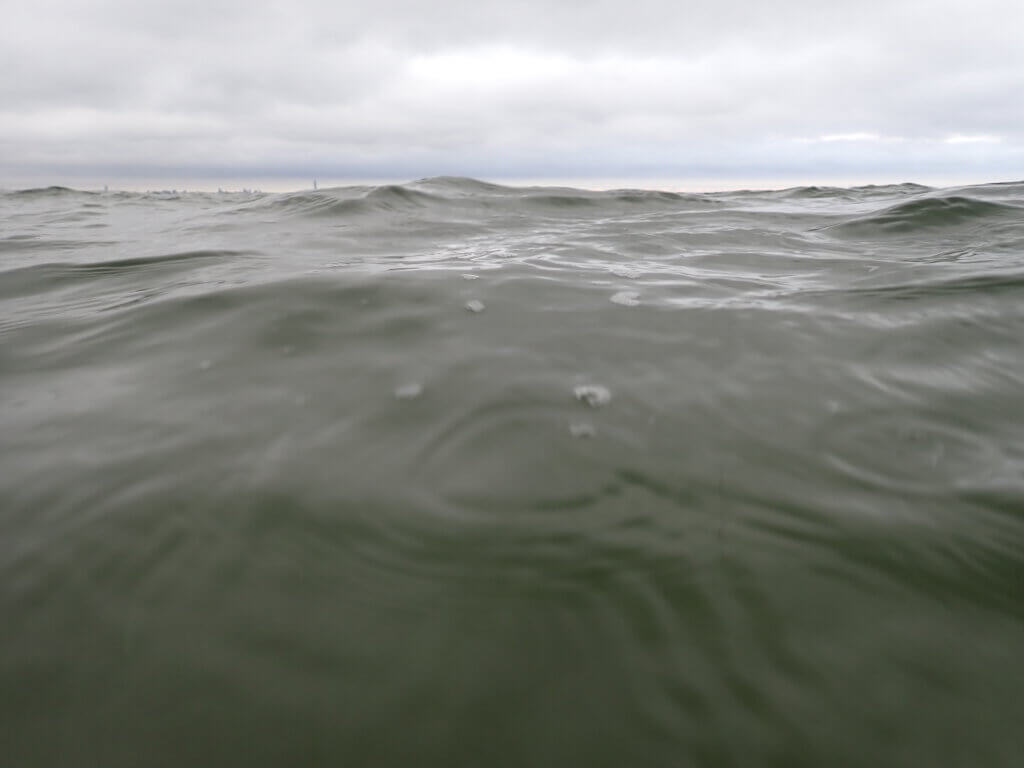
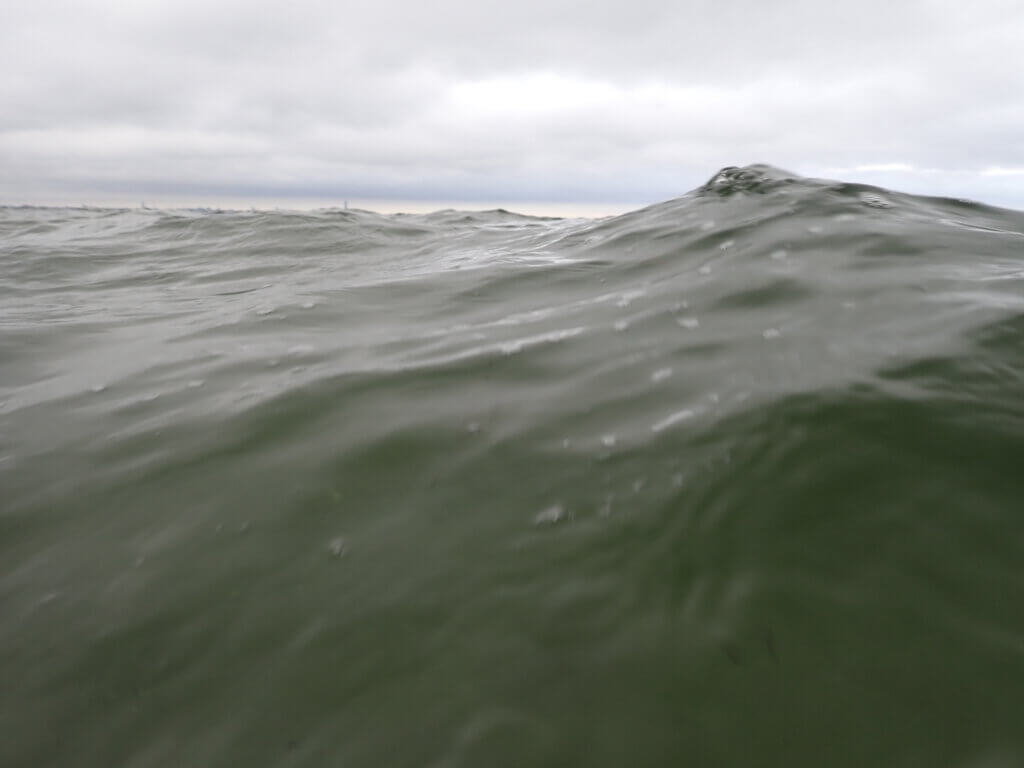
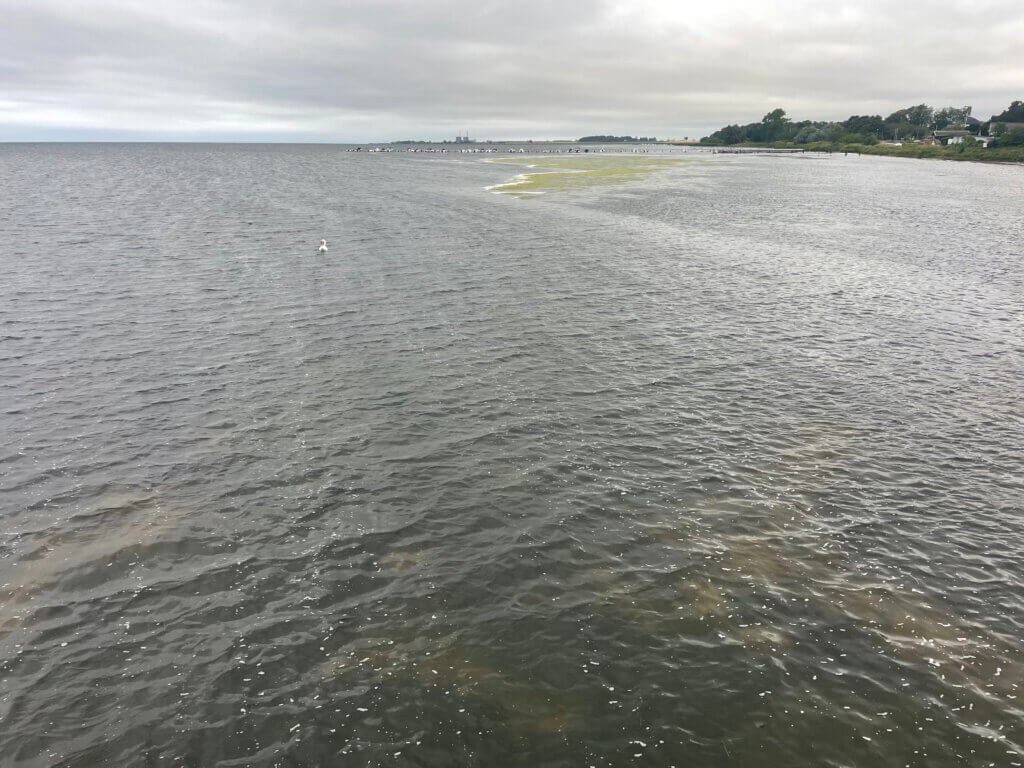
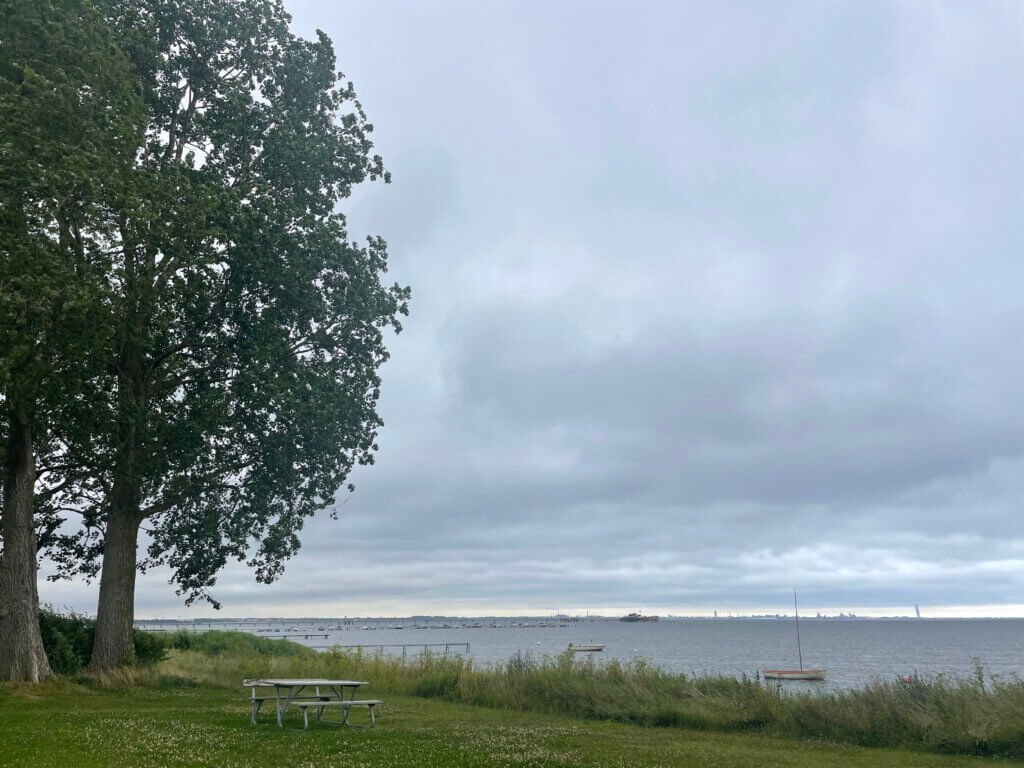
profis-vor-ort.de says:
Thank you for sharing such a well-structured and easy-to-digest post. It’s not always easy to find content that strikes the right balance between informative and engaging, but this piece really delivered. I appreciated how each section built on the last without overwhelming the reader. Even though I’ve come across similar topics before, the way you presented the information here made it more approachable. I’ll definitely be returning to this as a reference point. It’s the kind of post that’s genuinely helpful no matter your level of experience with the subject. Looking forward to reading more of your work—keep it up! profis-vor-ort.de